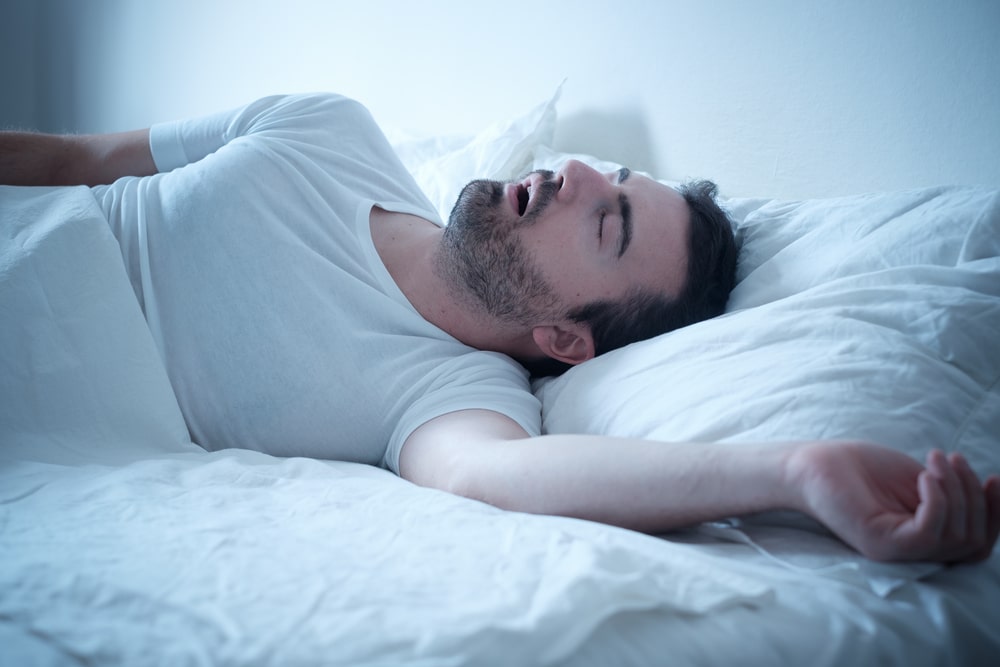Does your significant other tell you that you snore when they are trying to get a good night’s sleep? Do you wake up gasping for air in the middle of the night? You may have obstructive sleep apnea (OSA). What does this mean? Your upper airways can get slightly obstructed causing you to put more effort into breathing, whether you know it or not. This obstruction of air can cause you to wake up or just snore, snort, or have some other forms of odd noise come out of you when you lay asleep.

Though unknown whether sleep apnea and bruxism (teeth grinding) are correlated, many cases show that those with sleep apnea also grind their teeth. According to the National Sleep Foundation, sleep apnea is a common problem amongst many people, but sleep bruxism appears to be more prevalent in adolescents.
So, why do sleep apnea and bruxism tend to occur together? Though unknown for sure, stress can be a huge factor. When your airways get blocked, stress hormones arise, travelling through your bloodstream, forcing the muscles in your jaw to seize up. This seizing of muscles creates friction between your upper and lower teeth. Essentially, the stress from lack of oxygen is causing your body to react and manifests itself by the grinding of your teeth.
If left untreated, bruxism can be the cause of damage to your teeth requiring dental work like crowns and implants. In extreme cases, you may require replacement teeth in the form of partial or full dentures.
Seeing your dentist regularly will help you curb the action of grinding your teeth together. Oral exams will allow the dentist to check for any issues with your teeth and gums so they can be attended to before a major problem arises.
Your dentist can treat bruxism and sleep apnea by providing you with a continuous positive airway pressure mask. This mask allows you to breathe normally throughout the night by transferring oxygenated air into your lungs. Other options may include a change in diet, relaxation techniques or prescription medications to help you relax your muscles.
You should see your dentist for help with sleep apnea and dental problems since these are often tied together. Oral exams will allow your dentist to note if you have any signs of sleep apnea or bruxism.